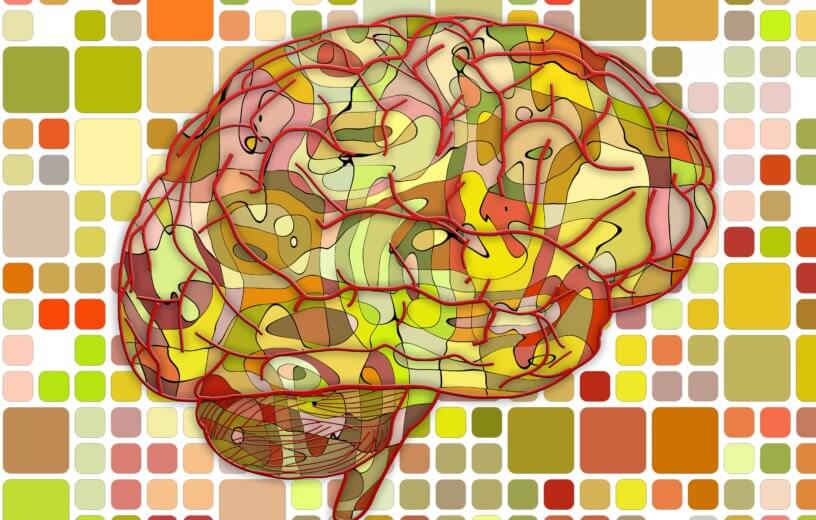PULLMAN, Washington — Many people may be feeling bored more than usual after many weeks of coronavirus lockdown. It’s hard to find stimulating activities while day after day is spent cooped up at home. Researchers from Washington State University wanted to understand how the brain behaves when people are faced with boredom, and try to identify techniques people can use to cope with such monotony.
“Everybody experiences boredom,” says senior author Sammy Perone, Washington State University assistant professor in the Department of Human Development, in a university release. “But some people experience it a lot, which is unhealthy. So, we wanted to look at how to deal with it effectively.” These techniques can be especially handy during the lockdown when it’s easier to get bored.
People who feel bored more frequently than others exhibit brain patterns that account for their feelings of anxiety and depression. Those who cope well with boredom have more activity in the parts of their brain involved in creativity, demonstrating their ability to transform a boring situation into an interesting activity for themselves.
Perone and his team recruited 54 participants for their study which involved a survey to assess how they react to boredom, EEG measurements, and an extremely boring task. The scientists took a baseline EEG reading of the participants before they completed a dull “mouse-clicking” activity.
Participants were shown 8 pegs on a screen and had to click on the highlighted peg to make it turn a quarter of a turn. Then they had to click on the next highlighted peg and make it turn a quarter of a turn. They had to do this again and again… 320 times. In all, the task took about 10 minutes to complete.
“I’ve never done it, it’s really tedious,” Perone says. “But in researching previous experiments, this was rated as the most boring task tested. That’s what we needed.”
Researchers were surprised to find that the EEG patterns of people that are prone to boredom only showed differences when they were completing the yawn-inducing task.
“Previously, we thought people who react more negatively to boredom would have specific brain waves prior to being bored,” Perone says. “But in our baseline tests, we couldn’t differentiate the brain waves. It was only when they were in a state of boredom that the difference surfaced.”
The brain regions the researchers were investigating are the right frontal and left frontal areas. The right frontal area is more active when people are becoming anxious or feel negative emotions, and this is the area that is more active in the brains of bored participants when they are bored during the task.
Participants who coped well with boredom showed increased activity in their left frontal area when completing the task, the region heavily involved in imaginativeness and creativity. Many of these participants say that they were able to distract themselves during the task and make good use of the time they were sitting and clicking on pegs.
“We had one person in the experiment who reported mentally rehearsing Christmas songs for an upcoming concert. They did the peg turning exercise to the beat of the music in their head,” Perone says. “Doing things that keep you engaged rather than focusing on how bored you are is really helpful.”
The research findings suggest that those who are prone to feeling bored can learn coping mechanisms and ward off their feelings of anxiety.
Researchers plan to continue using the boring task to investigate specific coping techniques people can use to overcome their bored feelings. “Now we want to find out the best tools we can give people to cope positively with being bored. So, we’ll still do the peg activity, but we’ll give them something to think about while they’re doing it,” Perone says.
The goal of their research is to identify strategies that can help people with boredom when it comes up in their daily routines. Perone offers some concluding remarks: “It’s really important to have a connection between the lab and the real world. If we can help people cope with boredom better, that can have a real, positive mental health impact.”
The study is published in Psychophysiology.
Like studies? Follow us on Facebook!
